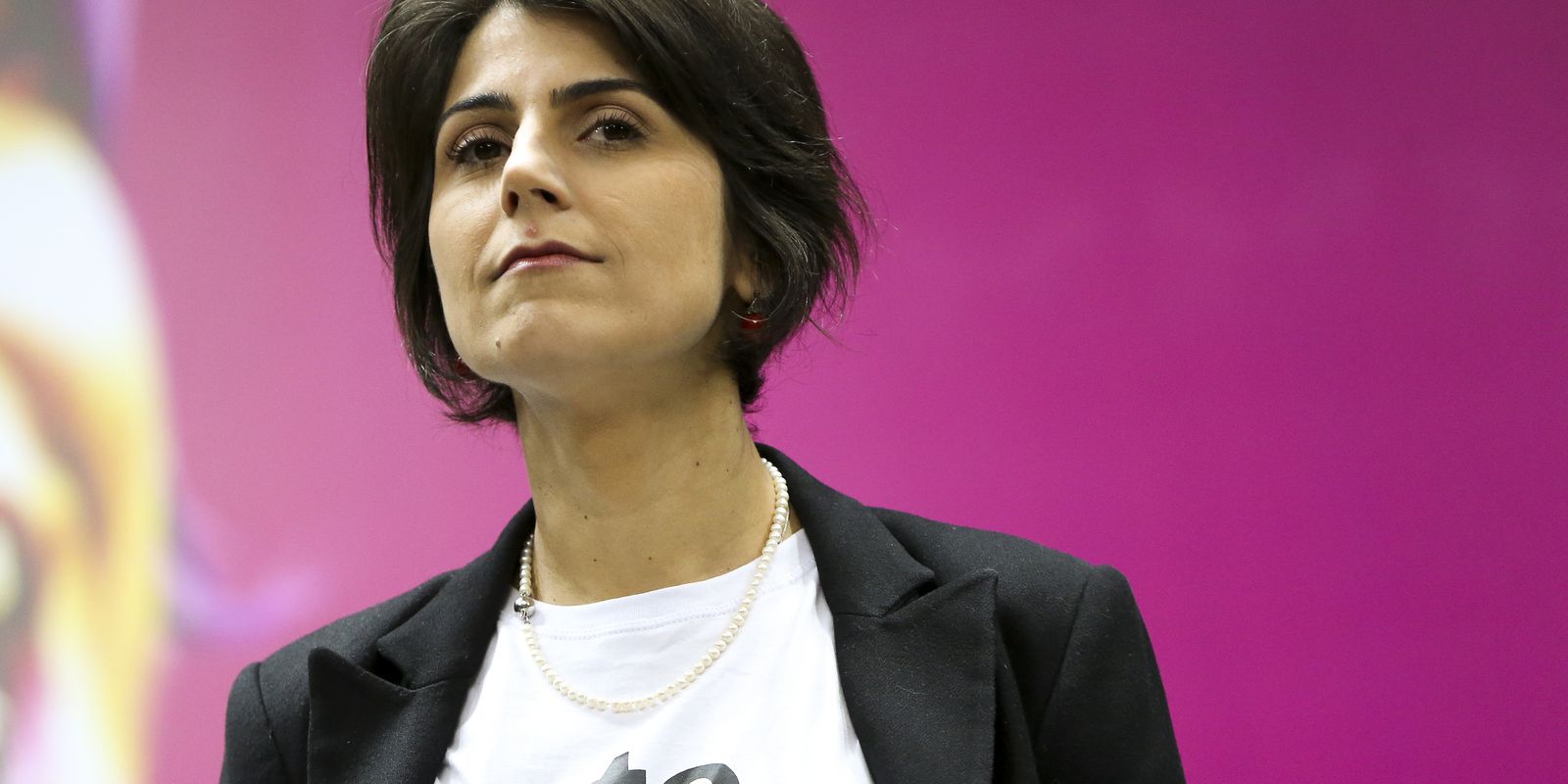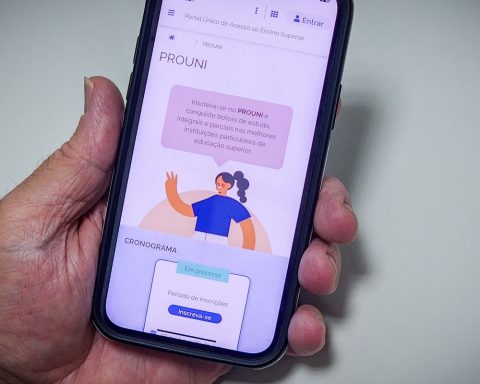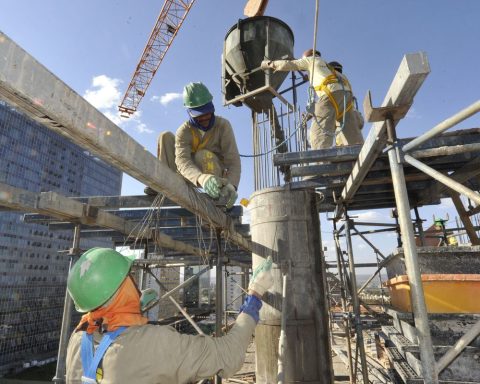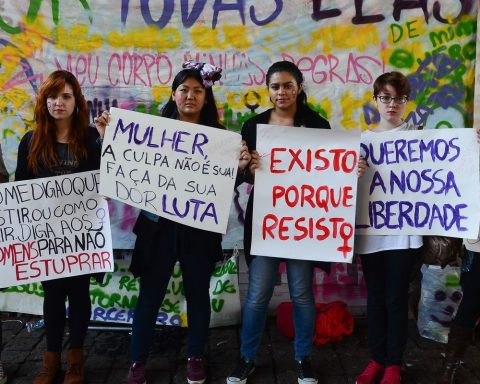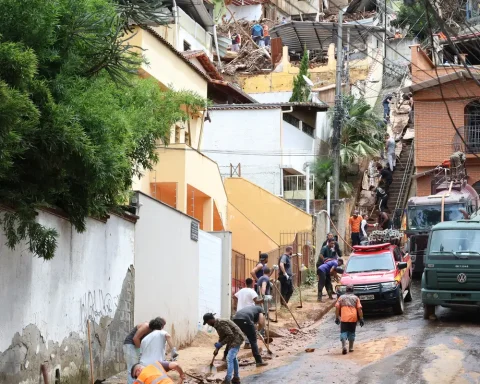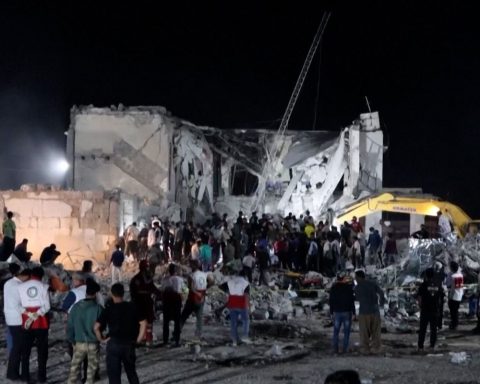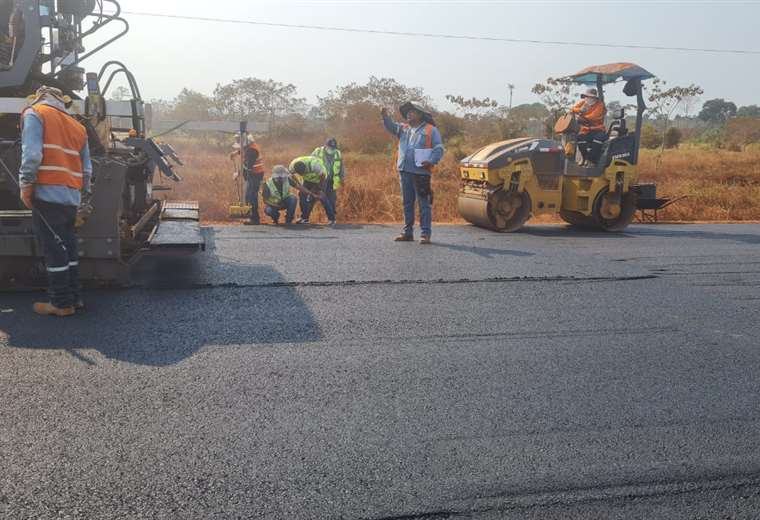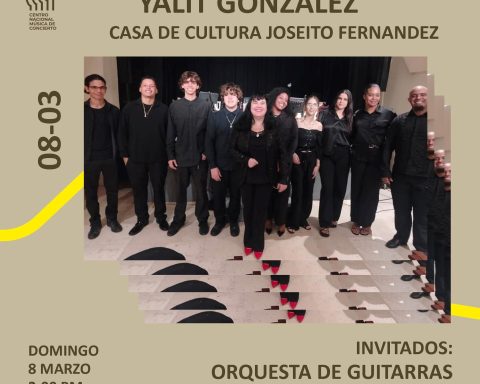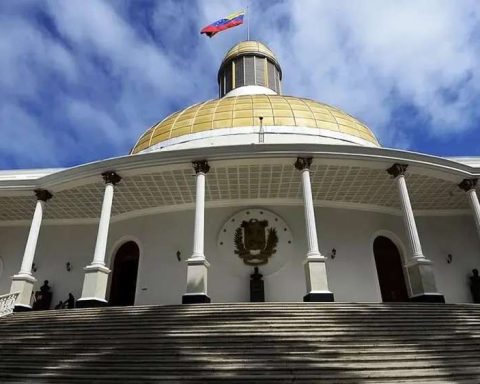Brazil will not develop if it does not include women in all debated agendas and end racism. This statement was made by journalist and former deputy Manuela D’Ávila, who participated, on the morning of today (27), from the round table For a feminist and anti-racist Brazil, at the World Social Forum, which has been taking place in Porto Alegre (RS).
According to the journalist, the so-called identity guidelines are denied even by sectors of the left. According to Manuela, it is not possible to discuss any way of improving people’s lives, with development, sovereignty and social justice, without thinking about solutions with the bias of racial and gender issues.
“Brazilian inequality is not amorphous, it has a face. It’s economical, obviously. But it does not affect all bodies equally. This country was built on brutal violence against indigenous peoples and the millions of women and men who were brought from the African continent. The historical construction of the country was built on top of racism, which is structural, just like machismo”.
She highlighted that thinking, for example, about the job market includes providing daycare centers so that women with children up to 3 years old can be inserted in an environment that is denied them. Or talking about policies for aging without remembering that it is women, for the most part, who take care of mothers and even mothers-in-law in old age.
“In the years of darkness, the points of light were women and black men and women. I hear it’s never the time to talk about women, and I’m only 41 years old. We are only going to conquer the spaces of power if we agree that they will never make policies without us again. There is no type of development dimension without addressing the issue of gender. We have to be more radical than ever. The extreme right is forged on top of our bodies. But they will not erase us, we are the star that announces the arrival of a new day”.
The president of the Brazilian Union of Women (UBM) in Pernambuco, Laudijane Domingos, recalls that black and poor women suffer accumulated oppression and that, therefore, it is necessary to build a new civilizing framework where men and women can walk side by side, “ empowered, alive and happy”.
“We don’t want to reduce and oppress so that men are subordinated. We just want to walk side by side and to have respecting our composition. The system of oppression is racial, yes, class, but it is not possible to build a new Brazil where women, black women and LGBT are not at the center of the debate. It is not possible to discuss housing without daycare, sanitation, electricity and public transport, so that women have mobility and access to basic rights”,
Cacique Iracema Kantê Kaingang reports that she did not know racism until she went to school, which she called “people who want to separate one people from another”.
“The creator made everything for us and nature has mixed colors, we could be like that too, with the children of the earth. The Kaingang people work collectively, the big one takes care of the little one and the little one takes care of the big one. This division between people happened because of politics, because of the churches, because of evangelization, because of the dictatorship as well”.
About machismo, she said that she also had contact through non-indigenous people, who wanted to advise her partner.
“They told my partner ‘you are the head of your wife’, he said ‘no, she is the mother of my children, teaches us the good seeds, raises the children, we talk everything, how am I going to be her head? ‘. Our people have always been like this. We stop it, walk side by side. Before God we are all relatives, all of us together, to share the seed that we sow”.
femicide
According to the president of UBM Rio Grande do Sul, Fabiane Dutra, in order to advance in the conquest of rights, it is urgent that women stop being killed just for being women, that is, victims of femicide.
“We came at a time of resistance in defense of our rights so as not to lose even more, now we hope to be able to overcome this moment of just resisting and actually conquering, right? Especially in the fight against violence, because feminicides are at a record high every year, with many child homicides together.”
She highlights that the fight against violence against women involves a non-sexist and inclusive education and the generation of work and income for women to have economic autonomy.
The World March of Women activist, Any Moraes, explains that the WSF has always been a space for important debates on gender and race issues.
“Being in the city of Porto Alegre, a reference capital in social participation, is essential for our mobilization. So, it is time for us to build these alternatives and also celebrate this glimmer of hope for a new Brazil. Women keep dying, right? The year 2023 has already started with eight cases of feminicide in our Brazil. So it is essential that we think of this as a priority too, you know, this struggle for women’s lives”.
The table also featured a feminist poetry soirée. The World Social Forum ends tomorrow (28).
